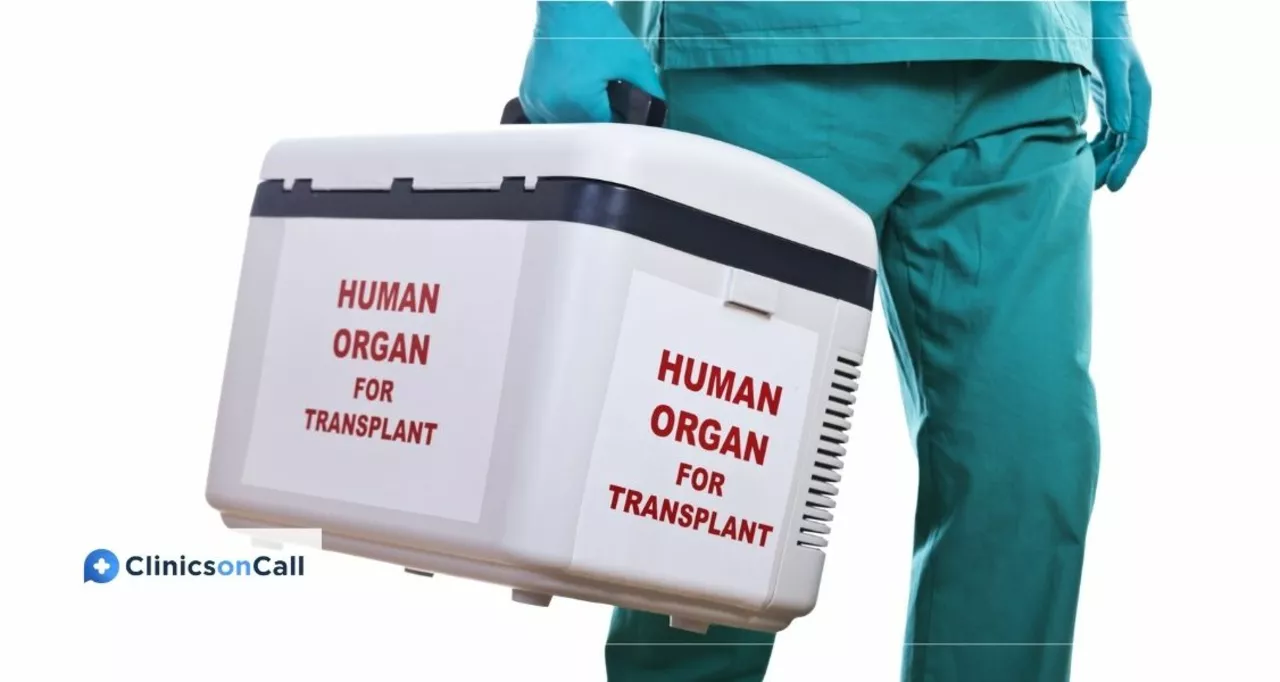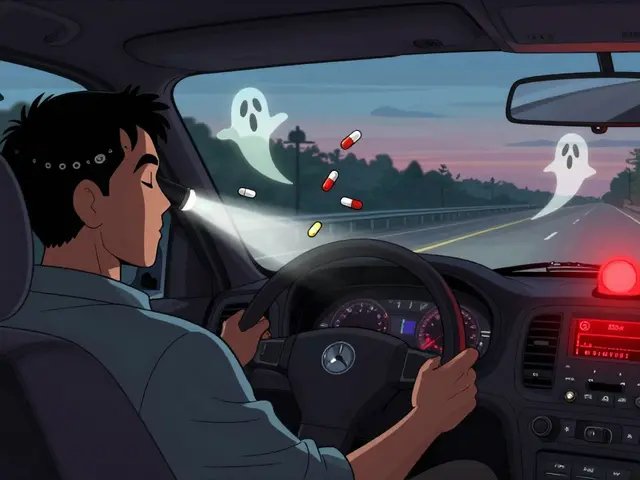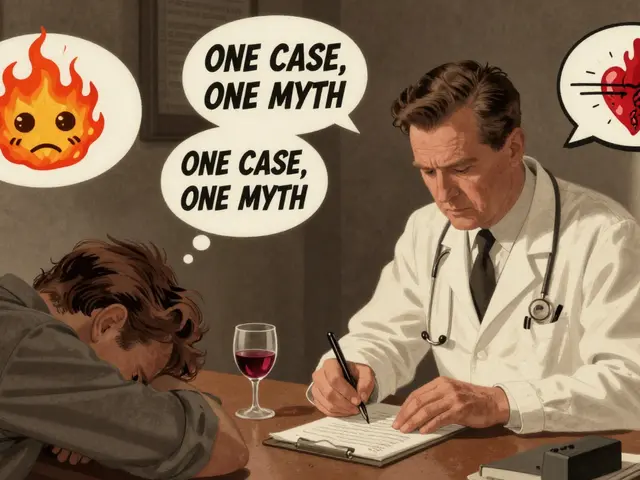Organ Rejection: What to watch for and how to act fast
Getting a transplant saves lives, but the body can push back. Organ rejection happens when your immune system attacks the new organ. That can be sudden or slow. The good news: early detection and the right steps make rejection much more manageable.
Common warning signs
Signs depend on the organ, but some red flags are the same. Watch for fever, sudden pain or tenderness near the transplant site, swelling, and unexplained tiredness. For kidney transplants look for less urine or rising creatinine on labs. For liver transplants watch jaundice or dark urine. For lung transplants expect shortness of breath or cough that’s new. Any sudden change should prompt a call to your transplant team.
Labs and tests often show rejection before you feel worse. Regular bloodwork can catch rising creatinine, liver enzymes, or rejection markers. Your team may order an ultrasound, chest X-ray, or a biopsy to confirm what’s happening. If you’re on a monitoring schedule, don’t skip it—those checks are how rejection gets caught early.
Practical steps if you suspect rejection
First, contact your transplant center immediately. They know your baseline and can advise whether to come in or adjust meds. Don’t stop or change doses on your own. Missing even one dose of an immunosuppressant can raise rejection risk.
Keep a daily routine for meds. Use alarms, pill boxes, or a smartphone app. Bring a current list of all drugs and supplements to every visit. Some medicines change levels of tacrolimus, cyclosporine, or mycophenolate. For example, rifampin can lower levels of calcineurin inhibitors, and grapefruit can raise them. Tell your team before starting any new medicine or OTC drug.
Prevent infections. Immunosuppression raises infection risk, and infections can look like rejection or trigger it. Wash hands, avoid sick contacts, and keep up with vaccines your transplant team recommends. If you get a fever, call right away.
Watch lifestyle factors. Keep blood pressure and blood sugar controlled. Avoid NSAIDs unless your doctor says it’s okay—these drugs can harm a kidney graft. Stay hydrated, follow dietary guidance, and don’t smoke or use recreational drugs.
Know the finish line: many rejection episodes are treatable. Treatments include higher steroid doses, adjusting immunosuppressants, or targeted therapies. Early action often saves the organ. But the best protection is steady follow-up, strict medication adherence, and quick reporting of symptoms.
If you’re unsure about a sign or a drug interaction, call your transplant clinic. They want to hear from you. Quick questions now can prevent bigger problems later.
Need more on medicines or interactions? Safe-Pills.com has plain-language guides on common transplant drugs and tips for staying safe on immunosuppressants.

Organ Rejection and the Role of Social Support in Transplant Care
As a blogger, I've recently delved into the topic of organ rejection and the role social support plays in transplant care. Organ rejection occurs when the immune system attacks the transplanted organ, leading to potential complications or failure. Social support, including emotional, informational, and practical assistance, is crucial in helping transplant patients cope with this challenging process. It's essential for the medical community to be aware of the importance of social support in transplant care, as it can significantly impact patients' recovery and overall well-being. In my research, I've discovered that fostering strong support systems can ultimately improve transplant outcomes and patients' quality of life.
View More




